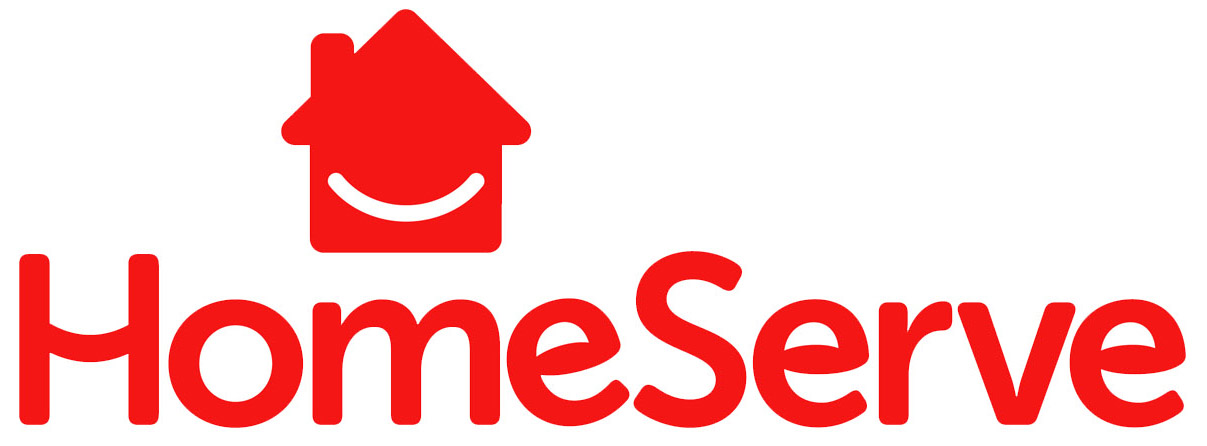We can’t shrink from our responsibilities as leaders; that is why HomeServe is doing all we can to stop the spread. For us, those efforts include having employees work from home and ensuring our network contractors protect themselves and customers by wearing personal protective equipment. For you, we’ve gathered best practices from municipal partners to share. 
We are in uncharted waters and you must make decisions without as much data as you would like. However, you can’t put off decisions, hoping you’ll have better information later. The time to act is now, and you’ll have to make the best choice you can, given the information available.
As you navigate leadership during this crisis, you will have to balance threats to public health and the economy. Communicate to your residents why you are making these decisions, and the data that drives them. Be ready for decisions you’ve made to be the wrong ones based on developing information and correct course and take responsibility when necessary.
The situation is changing rapidly, and you must be flexible. There will be no one right way to fight this virus. You must use the knowledge at hand to best allocate the resources you have and communicate your priorities to your staff, community partners and residents. You can adapt other communities’ best practices to fit what works for you. You will gather more information as the crisis unfolds and your strategy may change.
It’s likely you’re already working closely with your healthcare community and those governmental agencies and charitable institutions that make up your community’s unique social safety net. Don’t allow these groups to be siloed; form an advisory committee. You will have a broader data set and an improved understanding of your community’s capacity and resources. Additionally, you will be better able to cut through red tape and serve your residents.
While you’re communicating with your experts, remember it’s just as important to communicate with your community. Your message needs to be easily understandable, simple, direct, transparent and repeated consistently. You can be honest without being pessimistic. Candor inspires credibility. As the situation changes and your approach changes as a response, you will need that credibility.
It will allay residents’ worries if they are given actionable items: avoid contact with others, wash your hands frequently and monitor yourself for symptoms are good examples. Even if the actions are small, they give your residents control and a way to contribute to the greater good.
Communicate to your residents that, although this is a large problem, working together, we can solve it. To inspire positivity in your community, you need to be communicating and collaborating; things you should already be doing to address this crisis.
It’s important in such efforts to stay local, think it through and communicate. Spread your net wide for collaborators; local business people, charities, service clubs; anyone who is willing to participate and spread the message. Your network also may find that they can help one another as well as the wider community. Making connections solves problems.
Celebrate and communicate positivity. If a group or a person does a kindness or a volunteer opportunity is available, let your community know. Be the first in line; go shopping for an elderly neighbor or organize or film yourself reading a children’s book and challenge your residents to find their own opportunities for kindness. Being a role model is one of the best ways to demonstrate your leadership during this crisis.
If there’s a social distancing friendly group activity, like participating in a drive-by Easter egg hunt, putting Christmas lights back up or participating in a community sing along from their front door, advertise it far and wide. Social media can be a powerful tool in sharing these bright spots; ask your community partners to share as well.
This will be a long, difficult fight, but we aren’t about to give up. Working together, we will come through this crisis.

